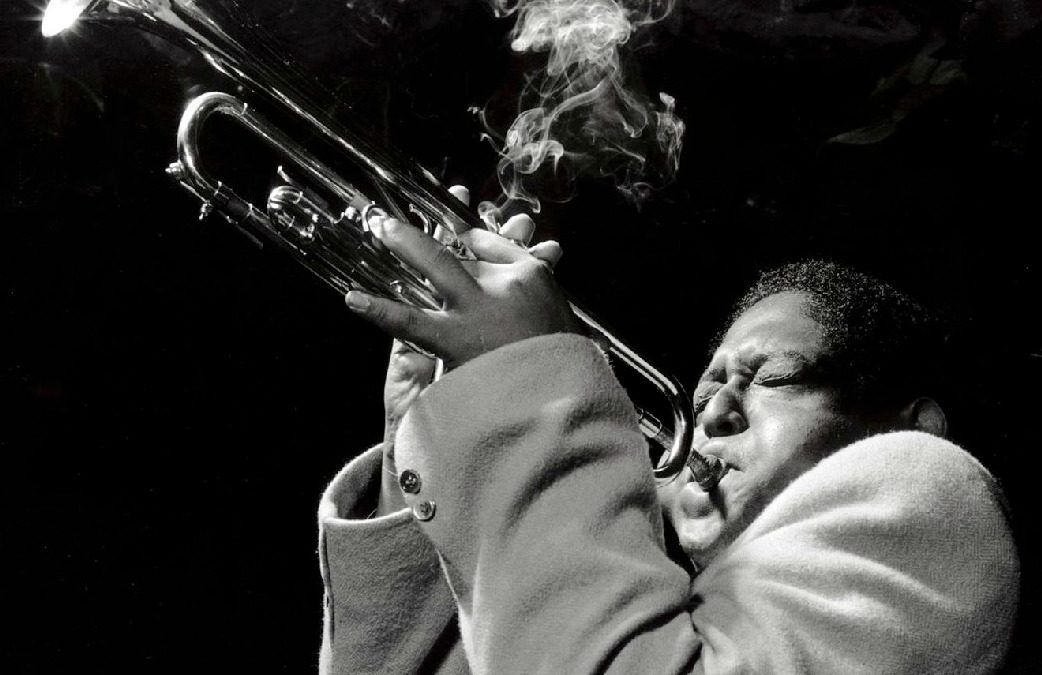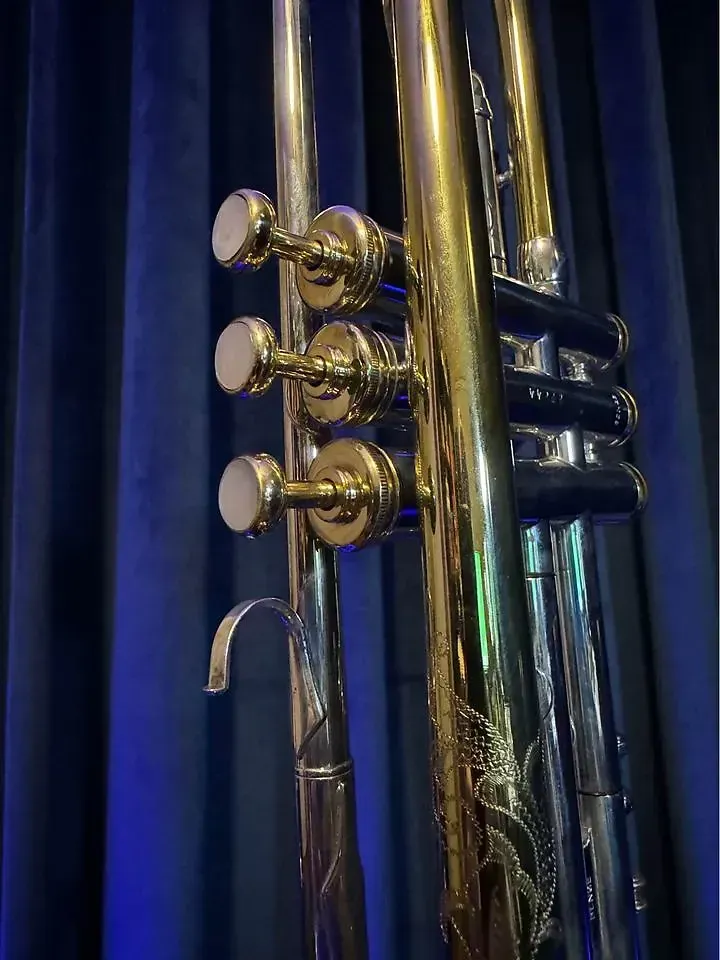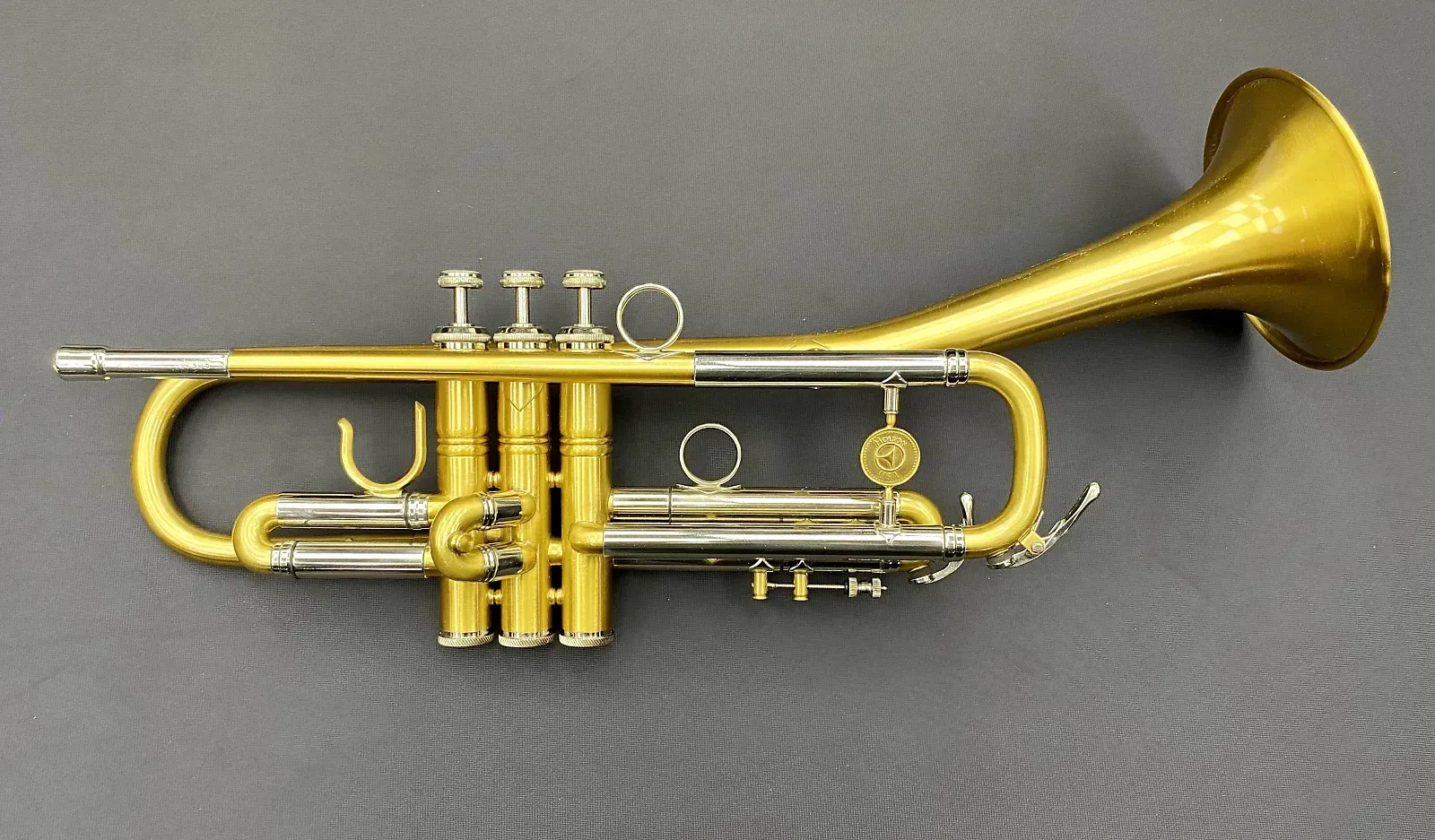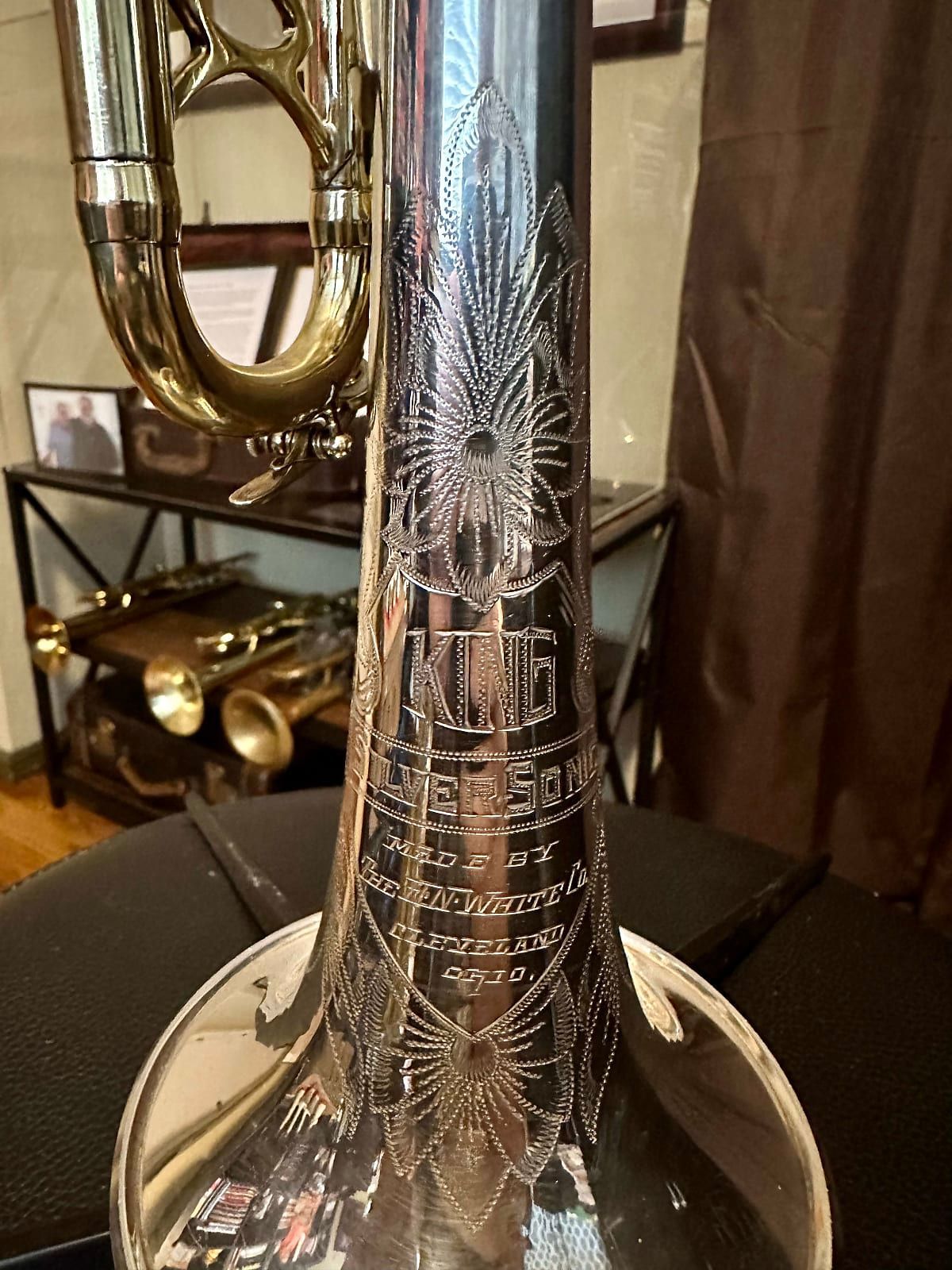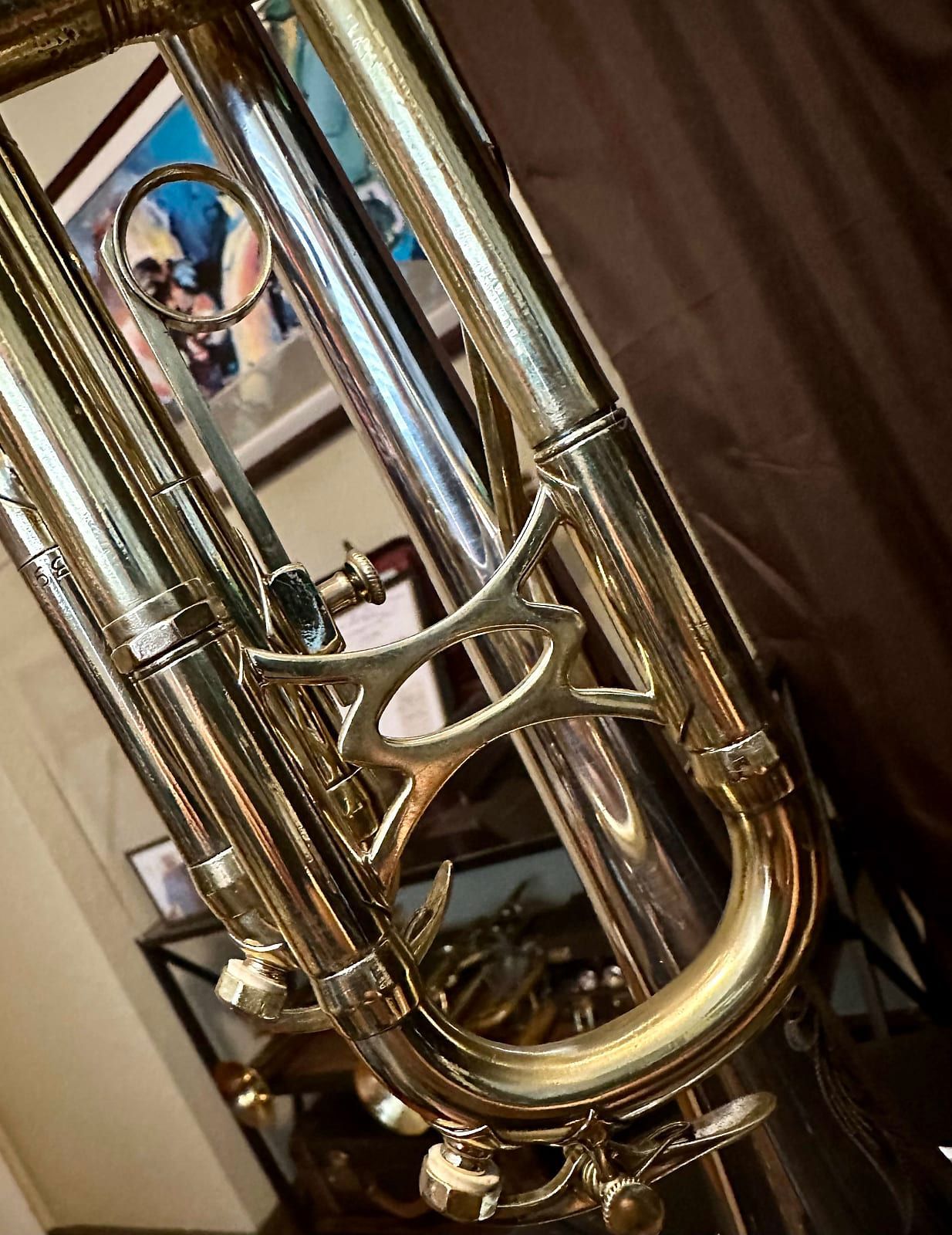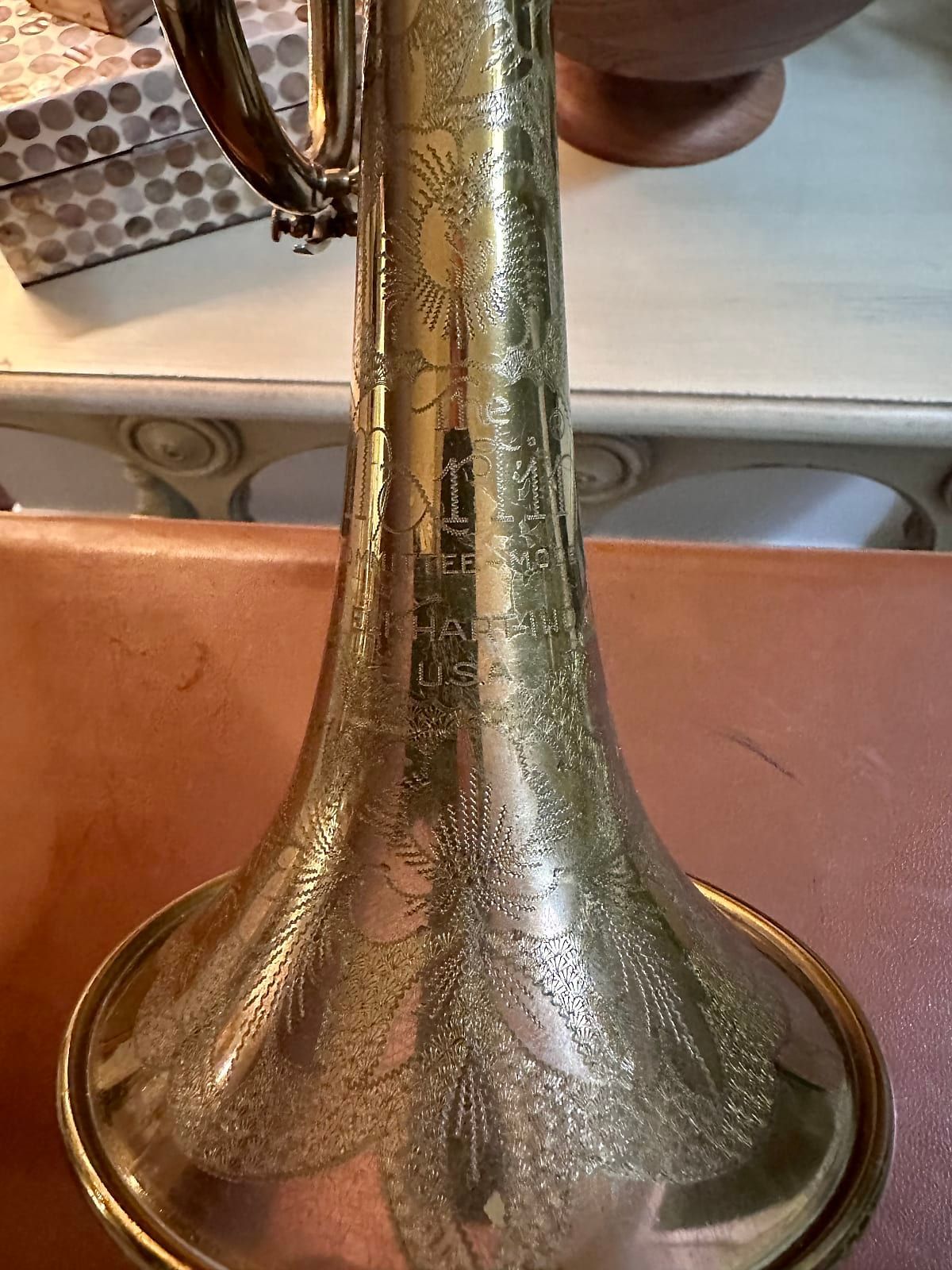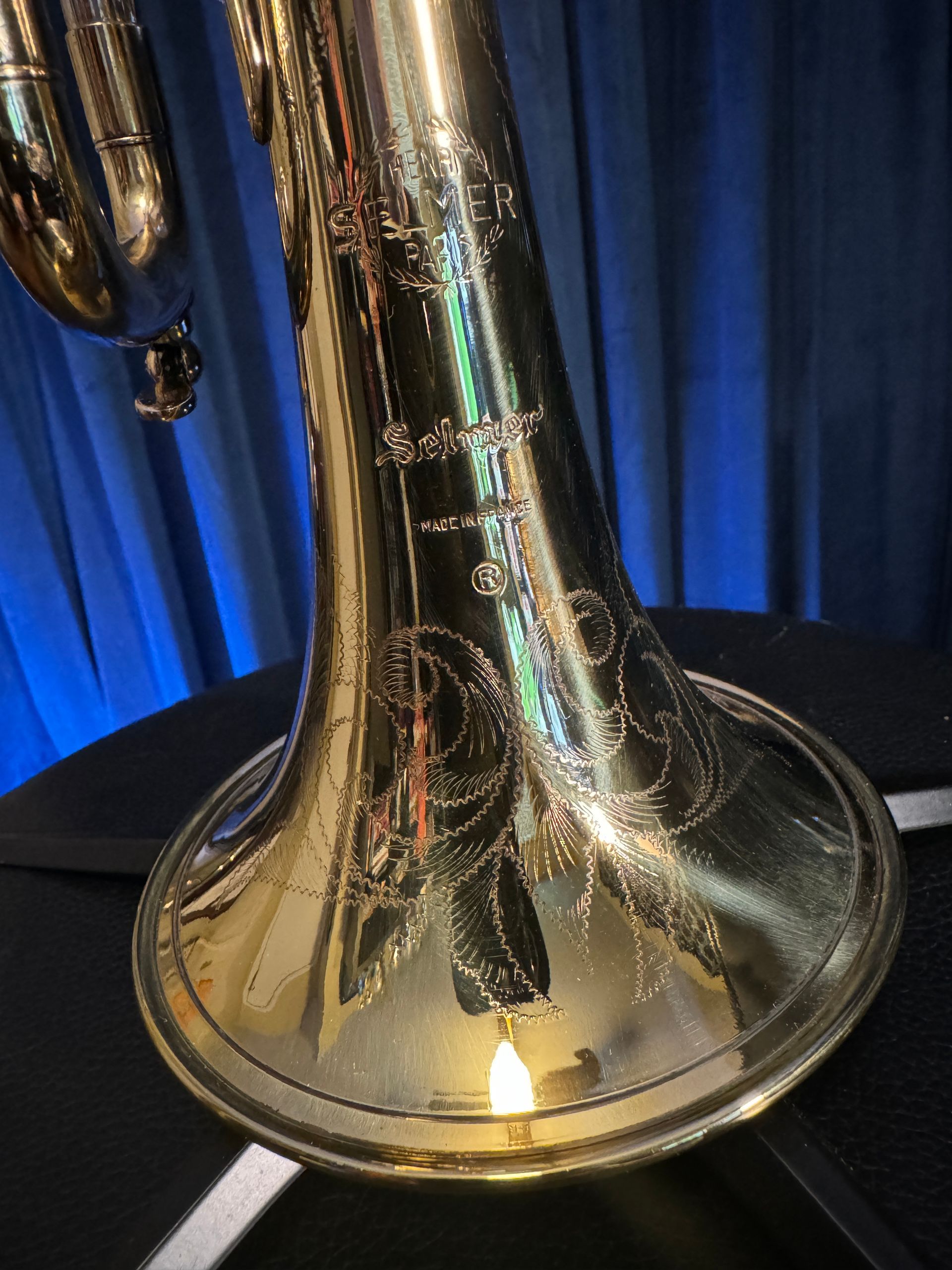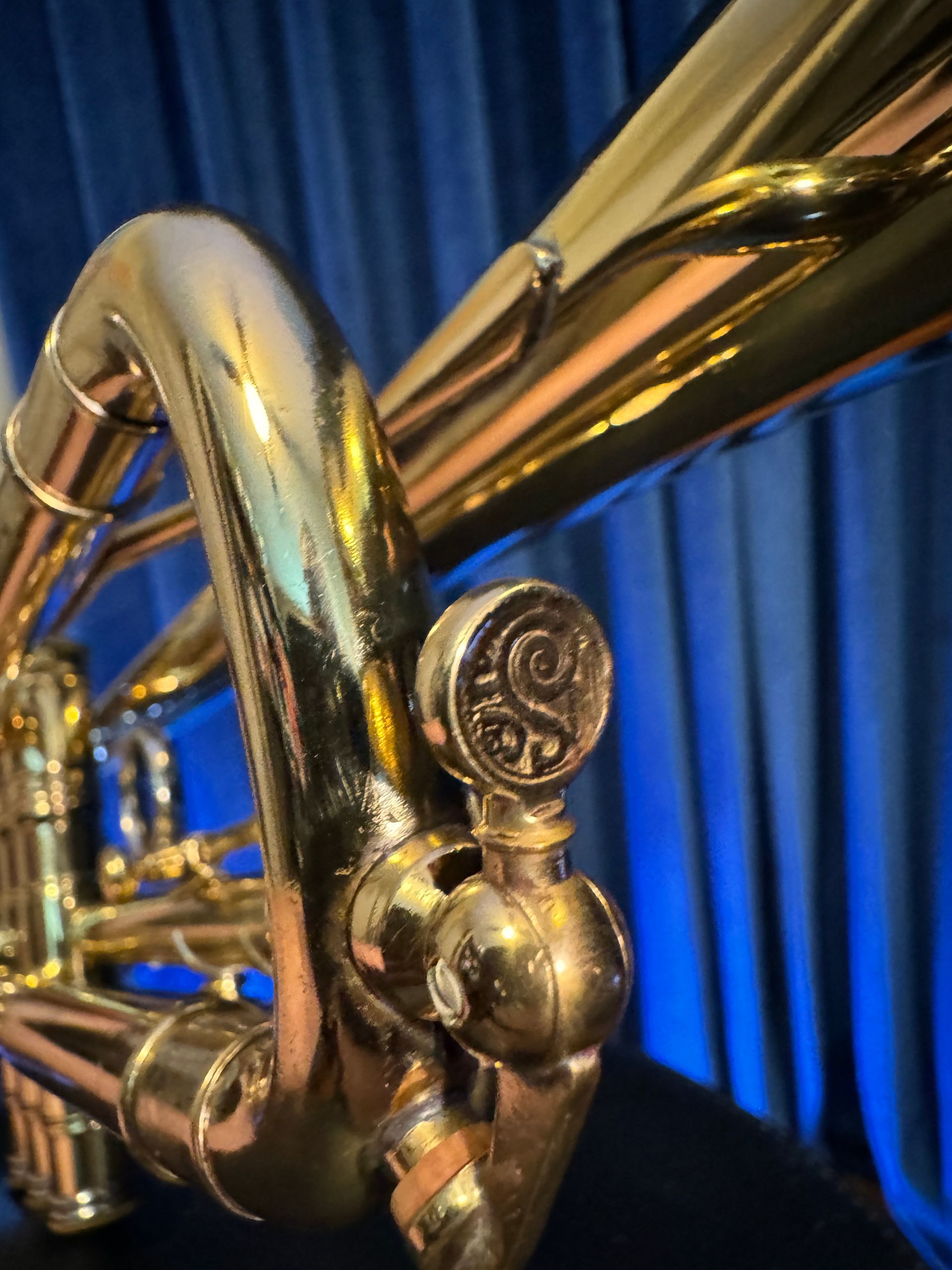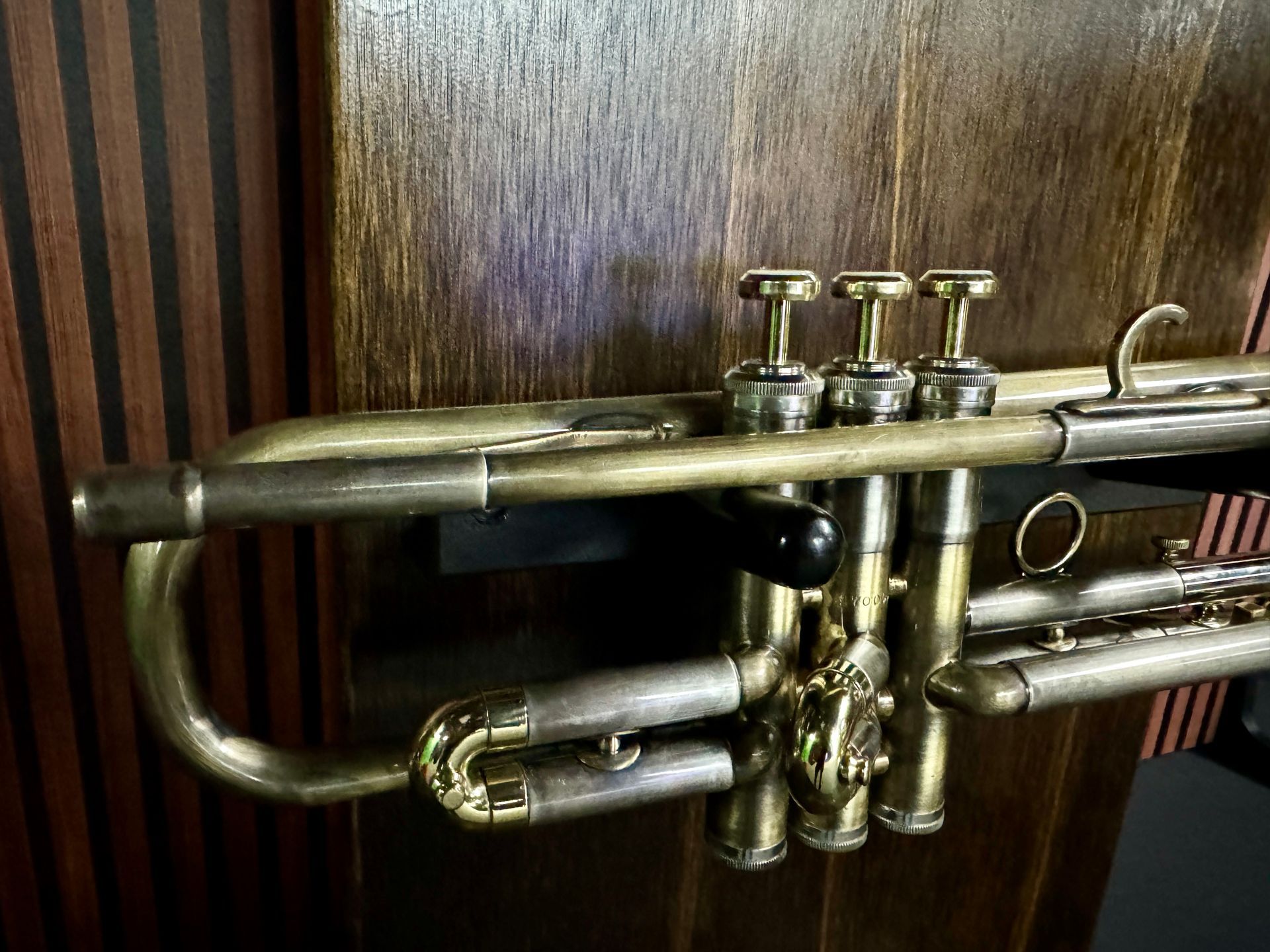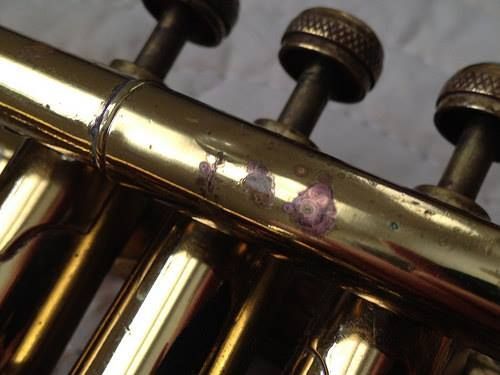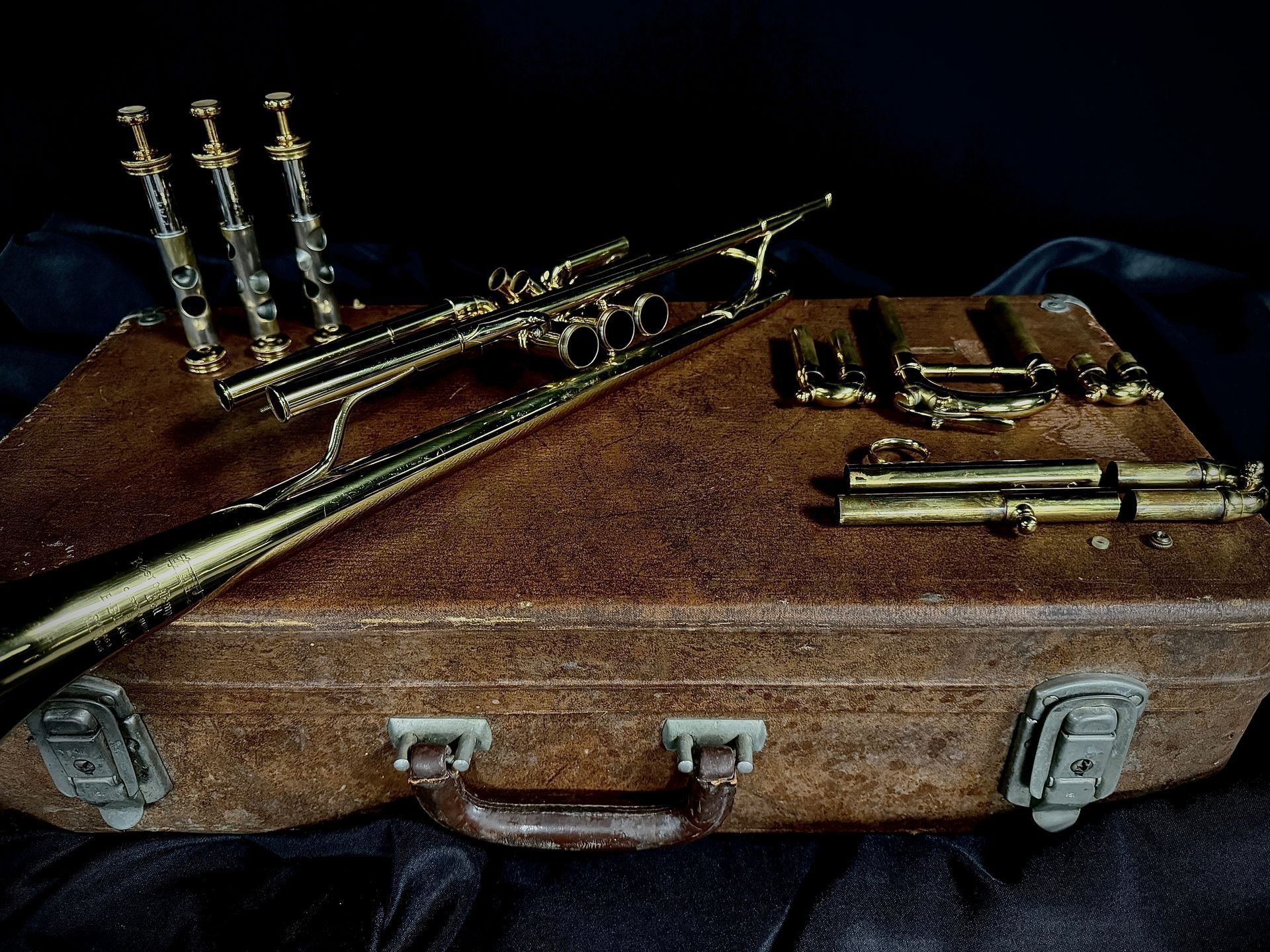Vintage or New - What's Right for You?
Vintage or New - What's Right for You?
If you are considering purchasing a trumpet you've probably asked yourself, "should I buy new or vintage?" This decision depends on various factors, including your personal preferences, budget, and how you intend to use the trumpet. Both new and vintage trumpets have their own unique advantages, and understanding these can help you make the best choice for your needs.
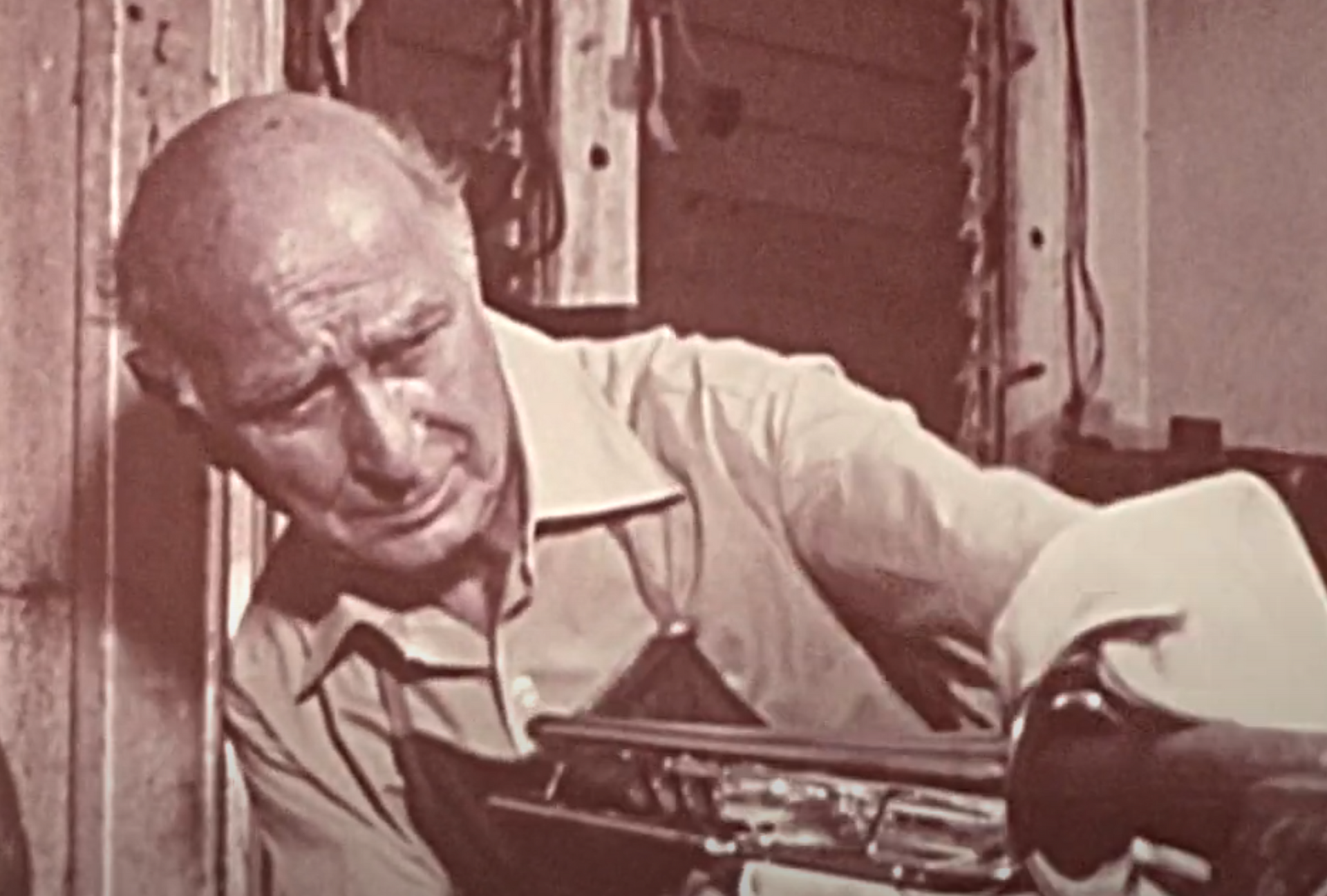
Craftsmanship and Quality
One of the main advantages of vintage trumpets is the craftsmanship and quality of materials used in their construction. Many vintage trumpets were made during a time when instrument manufacturing prioritized craftsmanship, durability and sound quality over mass production. These instruments often feature hand-crafted components and high-quality materials, which isn't always the case with modern mass-produced trumpets. It should also be noted that there are modern custom and bespoke trumpet makers that also deliver exceptional craftsmanship, incorporating advanced technology and high-quality materials. One of the most respected trumpet craftsmen in history was Domenick Calicchio. Check out this fascinating short film about how he built trumpets, one-at-a-time, by hand.
Sound Characteristics
Vintage trumpets are often praised for their unique sound, which can develop over time. The sound of a trumpet, whether new or vintage, depends on a variety of factors including its design, materials, mouthpiece selection, and your individual ability. Some players prefer the character and depth of tone that vintage trumpets can develop; others appreciate the precision and consistency offered by high-quality new trumpets.
Historical Value
Owning a unique, vintage trumpet can be like owning a piece of history. These instruments have often been played by musicians in various settings, from jazz clubs to concert halls, and carry with them a history and legacy that make them unique. For many players, the historical value of a vintage trumpet adds to the overall experience and enjoyment of playing.
Online Communities
There are vibrant online communities dedicated to the appreciation and preservation of vintage trumpets. These communities delve deep into the history, characteristics, and unique qualities of various vintage brands. For instance, the Bach Loyalist website provides a comprehensive resource on Bach trumpets, detailing historical models and their specific features. Similarly, Olds Central focuses on Olds trumpets, offering historical context, and model descriptions. If you're a Benge lover, Joe Lill's Chicago Benge Resource Site is dedicated to preserving the Benge legacy, featuring detailed histories, technical specifications, and the most comprehensive database of Benge trumpets available. These communities and resources not only celebrate the legacy of vintage trumpets but also provide valuable information for collectors and players alike.
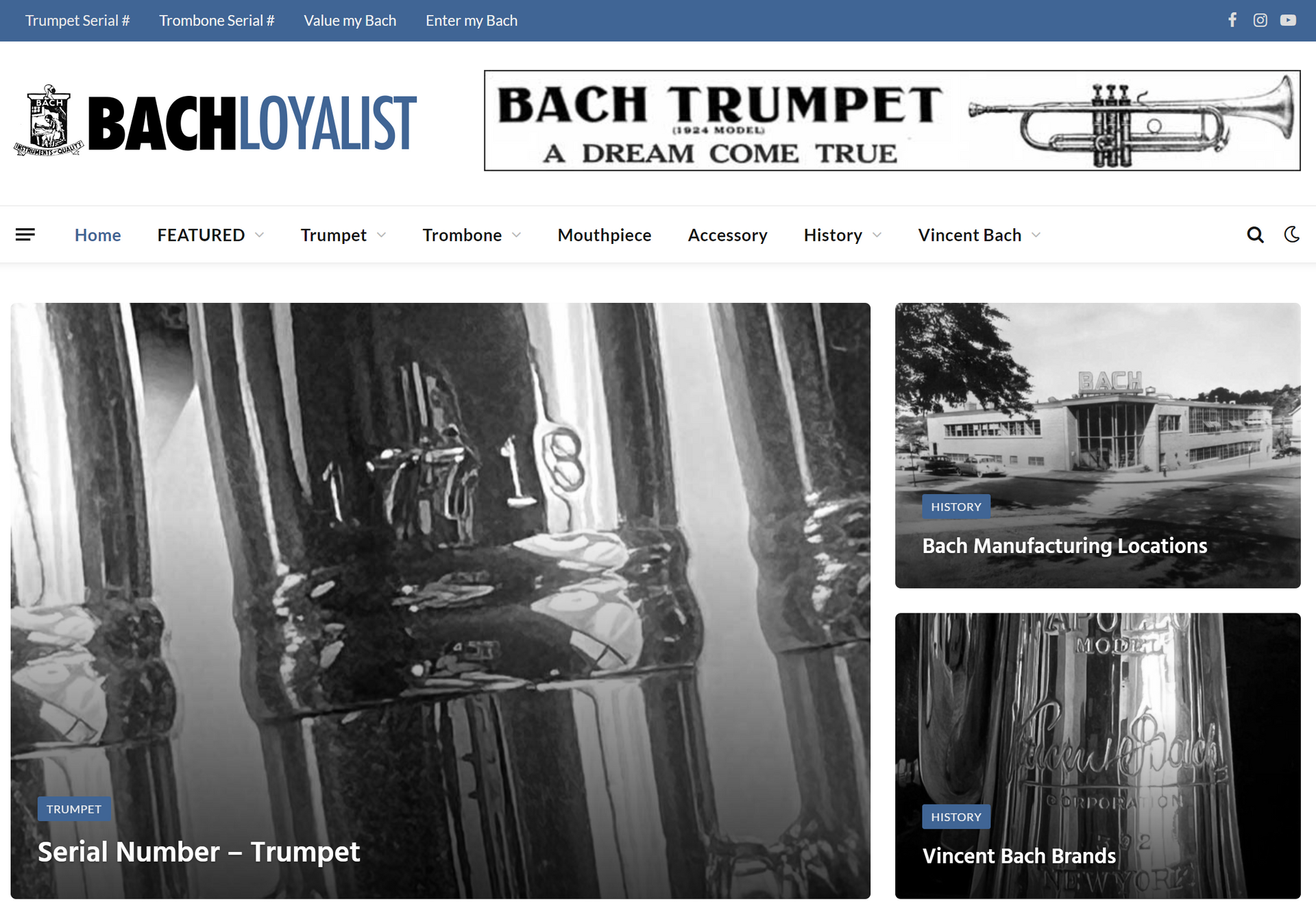
Investment Potential
Vintage trumpets can also be a good investment. Unlike new instruments that generally depreciate in value over time, well-maintained vintage trumpets can retain or even increase in value. Collectors and musicians alike seek out these instruments, and a rare or particularly well-preserved vintage trumpet can be a valuable addition to any collection. On the other hand, bespoke new trumpets from renowned modern makers can also be valuable, sometimes commanding prices between $5,000 and $25,000 when new.
Aesthetic Appeal
There is no denying the aesthetic appeal of vintage trumpets. These instruments often feature unique designs, engravings, and finishes that set them apart from modern mass-produced trumpets. Whether you plan to add a vintage trumpet to your collection or you're going to play it regularly, vintage trumpets have a charm and beauty that many players find desirable.
Expectations
When purchasing a vintage trumpet (or any vintage instrument), it's important to set realistic expectations. If you want a pristine trumpet with no signs of previous use, a vintage horn may not be the best choice. Vintage trumpets carry with them a history that can include repair work and modifications. While some sellers may be able to provide extensive details about the instrument's past, including any known repairs or alterations, this information is not always available.
When purchasing a vintage trumpet online it is crucial to thoroughly review photographs and descriptions provided by the seller and ask questions to understand the trumpet's condition. Most vintage trumpets have signs of wear consistent with their age. If a minor scratch or evidence of past repair work is likely to disappoint you, a new trumpet might be more suitable. Managing these expectations can help you avoid dissatisfaction or disappointment.
Additional Considerations for Buying Vintage
(Patches, Pistons, and Pink Spots... Oh My!)
While there are many benefits to buying a vintage trumpet, there are some additional considerations to keep in mind.
- Look for patches, which can sometimes indicate major underlying issues that aren't visible from the outside. However, sometimes what looks like a patch, is simply a preventative measure to slow the wear caused at the touch points on the trumpet. Knowing what you're looking for - or asking an expert - is important.
- Ensure the valves and pistons are in good condition and have good compression. Poor compression can cause intonation and slotting problems, among other issues. There are several ways to test or gauge the compression on a vintage trumpet including $600 Magnehelic machines that are built specifically for this purpose. There are also some more low-tech methods.
- Also, look for
red rot - or dezincification. A common misconception in the trumpet community is that
any sign of red rot is a "death sentence" for a trumpet.
That is false. The initial signs of red rot, which can be small bubbles on a silver trumpet or red/pink spots on a lacquer trumpet likely will not impact the sound or playability of an instrument. If you purchase an instrument that has a few minor indications of red rot and you keep that instrument clean and dry, you will probably get many more years - if not decades - of use out of that trumpet with no repairs necessary. If the trumpet has widespread red rot or in the most severe cases, holes or leaks caused by red rot, that's a different story. Red rot mostly develops in places where saliva and condensation are allowed to collect and sit in the horn. The most common places for red rot to appear in a trumpet is in the leadpipe and the tuning slide crook near the water key. If you will take a cue from woodwind players and "swab out" after you play - you probably will never have issues with red rot and you can stop any existing red rot in its tracks!
The Bottom Line
Vintage trumpets offer a range of benefits, from superior craftsmanship and historical value to potential investment opportunities. Many new trumpets on the market today, especially those from custom and bespoke makers, are built with great craftsmanship, produce excellent sound quality, and can be significant investments in their own right. If you appreciate the qualities that come with age and history, a vintage trumpet might be the perfect choice for you.
Heritage Trumpets specializes in unique and vintage trumpets, and we're here to help you find an instrument that matches your needs and preferences.
- Have questions? Send us an email or a text message
- Looking for a vintage trumpet? Check out our store
- Have a trumpet to sell? Tell us about it

